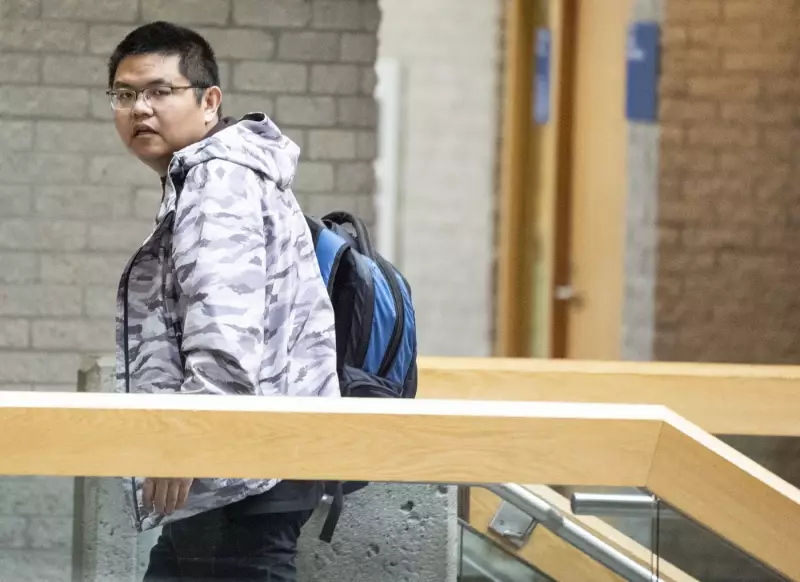
In a stunning courtroom revelation that has sent shockwaves through Canada's national security community, a former Hydro-Québec researcher stands accused of orchestrating one of the most significant economic espionage cases in recent memory. The trial of Yuesheng Wang has uncovered a complex web of alleged deception, international academic connections, and corporate vulnerability.
The Allegations: From Quebec Power to Chinese Academia
Federal prosecutors allege that Wang, while employed as a researcher at Hydro-Québec's renowned research institute, systematically transferred sensitive trade secrets and proprietary information to multiple Chinese universities. The Crown contends this wasn't merely opportunistic theft but a calculated effort to secure academic positions in China while maintaining his lucrative Canadian employment.
A Researcher's Calculated Moves
Court documents reveal that Wang allegedly applied for faculty positions at no fewer than three Chinese universities while continuing his work at Hydro-Québec's cutting-edge energy storage facility. The timing of these applications coincides with what the accused describes as "professional insecurity" within the Crown corporation.
"The evidence shows a pattern of deliberate information transfer," the prosecution argued during Tuesday's proceedings. "This wasn't accidental sharing but targeted dissemination of protected intellectual property."
The Defense: Job Insecurity as Motivation
Wang's legal team presents a different narrative, one centered on employment anxieties rather than malicious intent. They argue their client's actions stemmed from legitimate concerns about job stability within Hydro-Québec's research division.
"Mr. Wang operated in an environment where contract renewals were uncertain and long-term employment wasn't guaranteed," defense counsel explained. "His outreach to Chinese academic institutions represented professional contingency planning, not espionage."
Security Protocols Under Scrutiny
The case has raised serious questions about security measures at one of Canada's most critical energy infrastructure organizations. Testimony revealed that Wang allegedly accessed and transferred numerous protected documents, including:
- Proprietary battery composition formulas
- Advanced energy storage system schematics
- Confidential research methodologies
- Protected commercial partnership information
Broader Implications for Canadian Research Security
This trial occurs against a backdrop of increasing concern about foreign interference in Canadian research institutions and critical infrastructure. The case highlights the delicate balance between international academic collaboration and national security protection.
Energy security experts warn that the alleged breach could have far-reaching consequences for Canada's competitive advantage in clean energy technology development. "Hydro-Québec's research represents billions in public investment and decades of scientific advancement," noted one industry analyst. "The potential damage extends beyond immediate financial loss to long-term strategic positioning."
Legal Precedent in the Making
The outcome of this case could establish important legal precedents for how Canada handles economic espionage cases involving dual-purpose researchers—those working simultaneously in Canadian institutions while maintaining foreign academic connections.
As the trial continues, both national security officials and academic researchers await clarity on where the line between international collaboration and prohibited information sharing will be drawn.





